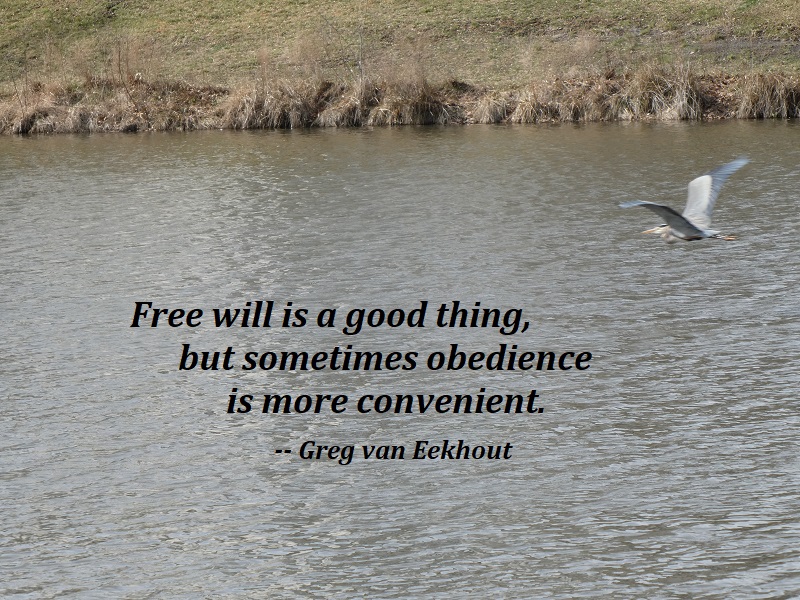Waking Up
Religion, at its best, helps people to bring this foundational divine love into ever-increasing consciousness. In other words, it’s more about waking up than about cleaning up. Early-stage religion tends to focus on cleaning up, which is to say, determining who meets the requirements for moral behavior and religious belief. But Jesus threw a wrench into this whole machinery by refusing to enforce or even bother with what he considered secondary issues like the Sabbath, ritual laws, purity codes, membership requirements, debt codes, on and on. He saw they were only “human commandments,” which far too often took the place of love. (See especially Matthew 15:3, 6-9.) Or as he puts it in another place, “You hypocrites, you pay your tithes . . . and neglect the weightier matters of the law: justice, mercy, and good faith” (Matthew 23:23). Cleaning up is a result of waking up, but most of us put the cart before the horse.
It’s no wonder his fellow Jews had to kill Jesus, just as many Catholics would love to eliminate Pope Francis today. Once you wake up, as Jesus and Pope Francis have, you know that cleaning up is a constant process that comes on different timetables for different people, around many different issues, and for very different motivations. This is why love and growth demand discernment, not enforcement. When it comes to actual soul work, most attempts at policing and conforming are largely useless. It took me most of my life as a confessor, counselor, and spiritual director to be honest and truly helpful with people about this. Mere obedience is far too often a detour around actual love. Obedience is usually about cleaning up, love is about waking up.
— Richard Rohr, The Universal Christ, p. 72-73
Photo: South Riding, Virginia, June 6, 2020


